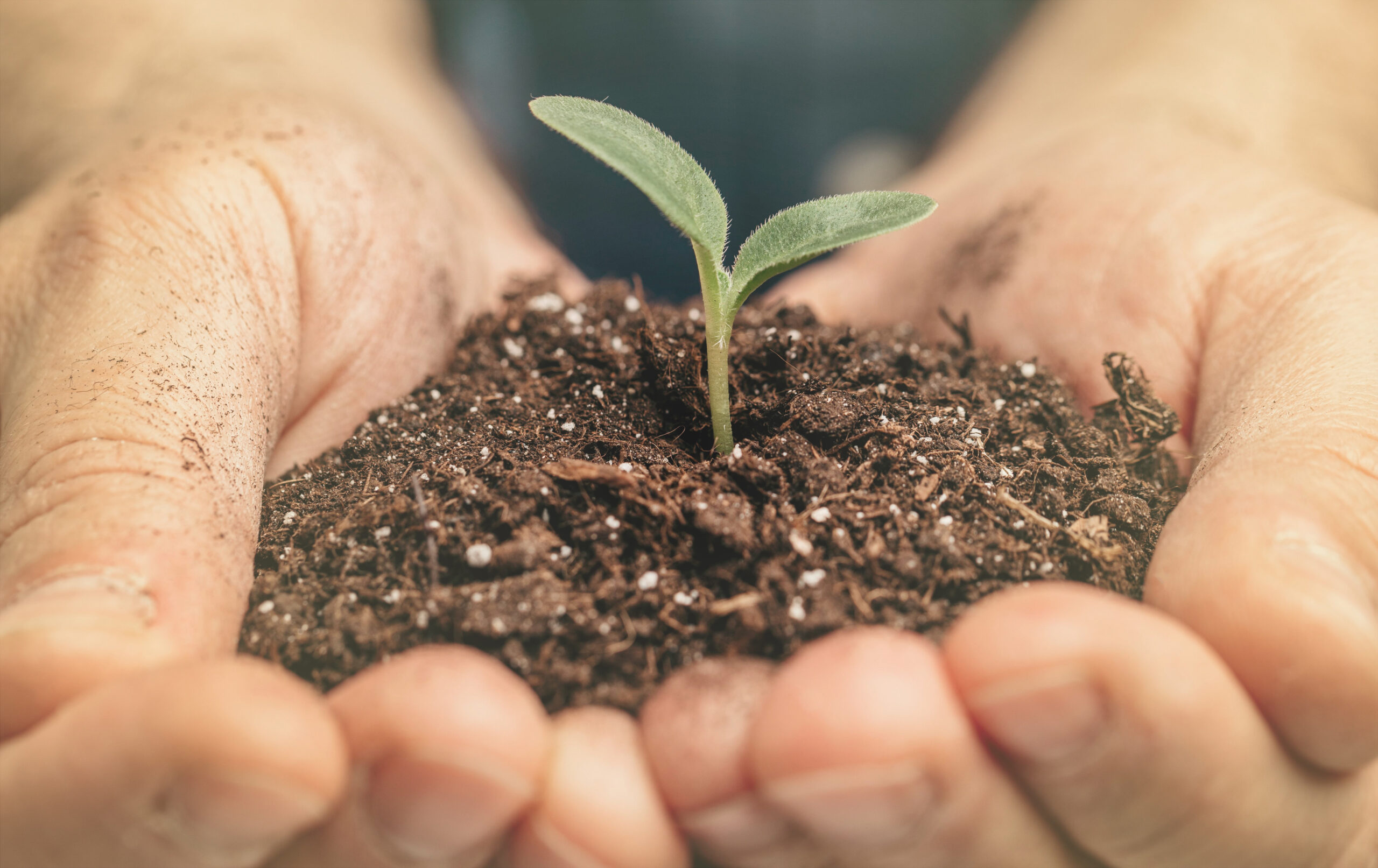It would be an understatement to say that fertilizers are important. With around half of the global population being fed by fertilizers, their widespread use in agriculture is vital for sustaining our world’s growing population. Plants need nutrients to survive, so the use of nutrient-rich fertilizers is important for our crop’s healthy development.
But what are fertilizers? Fertilizers are substances that provide essential nutrients for plant growth. In other words, they are our foods’ food. Just like how we need certain nutrients to stay alive, plants need nitrogen, phosphorus, and potassium to grow. Nitrogen, the most produced type of fertilizer, is the plant’s protein. It helps build stronger and taller green leaves. Phosphorus is the plant’s equivalent to our calcium as it contributes to the development of strong, healthy roots. Potassium, like our vitamins, boosts the plant’s immune system. These nutrients are necessary for a plant’s healthy development and without fertilizers, around half of our crops would not exist.
Fertilizers have always been part of our agriculture. As early as 8000 years ago, our ancestors were using a mix of animal waste, food scraps, and mineral rocks to fertilize cereal plants until the early 20th century when German scientists Fritz Haber and Carl Bosch came up with a new way of making fertilizers. The Haber-Bosch process uses nitrogen found in the air and methane gas to produce synthetic fertilizer. It is literally using the air around us to create fertilizers. Nowadays, synthetic fertilizers are heavily used in modern agriculture.
Fertilizers play a crucial role in feeding the world. As the global population continues to grow, so does the demand for food, making fertilizers essential to modern agriculture. Since the mid-20th century, their increased use has significantly boosted crop yields. However, not all of the nutrients are absorbed by plants, and excess chemicals can enter ecosystems through waterways or the atmosphere. In response, many producers and farmers are adopting more sustainable practices. Regenerative agriculture, such as crop rotation, cover cropping, and precise nutrient management- aims to build healthier, nutrient-rich soils while reducing fertilizer overuse. Others are exploring circular production methods, creating fertilizers from organic waste like cocoa shells or corn steep liquor. These innovations help reduce waste and promote more responsible fertilizer use. However, while these alternatives represent important progress, they are not yet scalable enough to fully meet global food demand. Industrial fertilizers remain necessary to sustain the high levels of productivity required to feed billions of people.
The challenge lies in striking a balance: maintaining global food security while minimizing environmental impact.
Fertilizers remain a cornerstone of global agriculture. As the sector evolves, a combinedapproach, leveraging both innovation and efficiency, will be key to ensuring that we canfeed a growing population sustainably, now and in the future.
